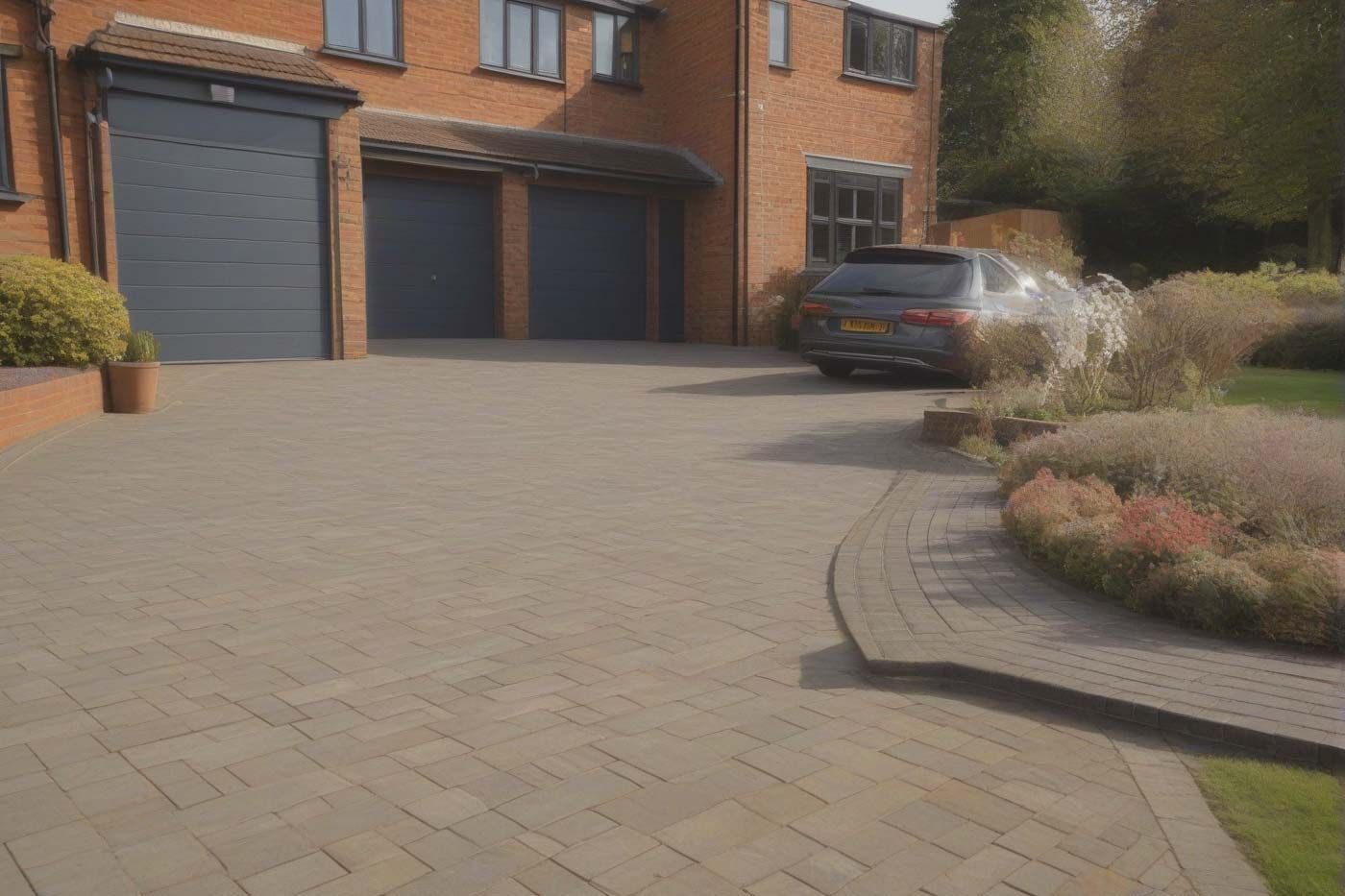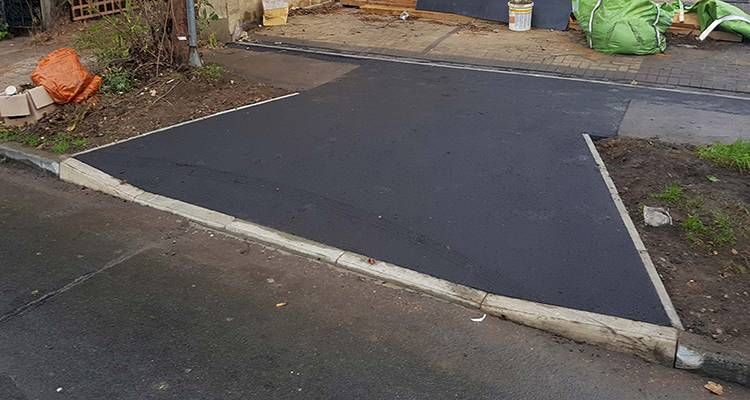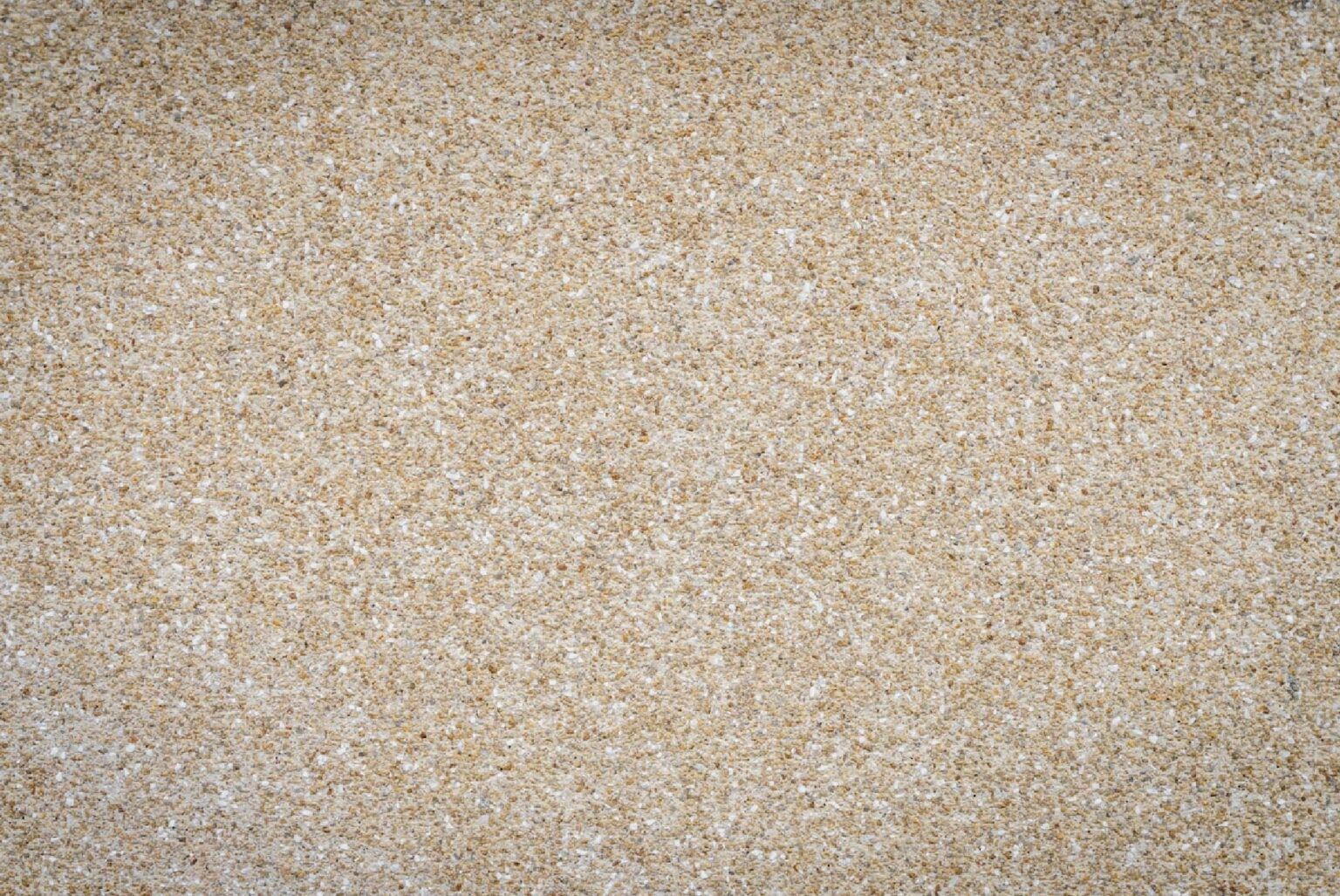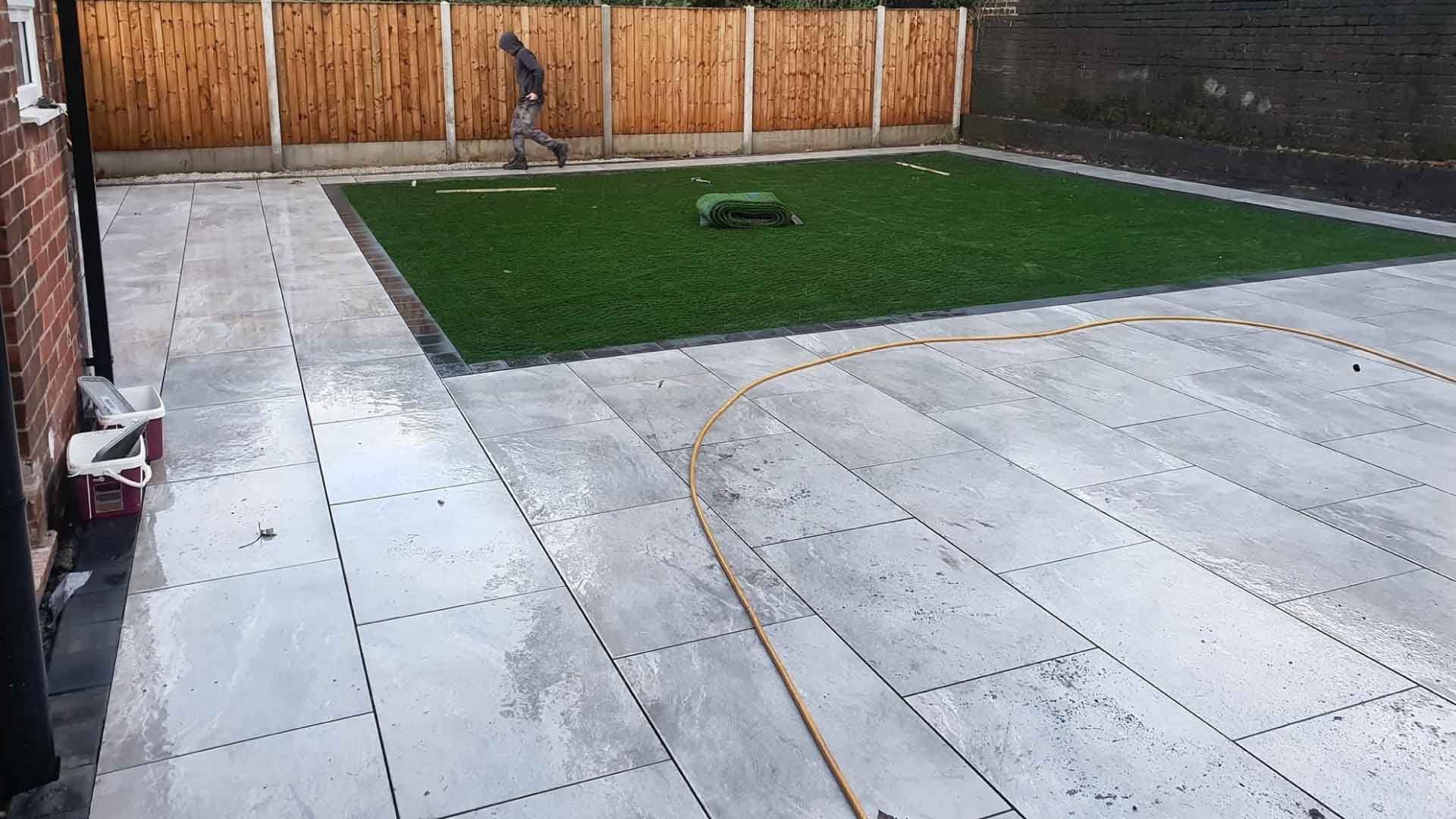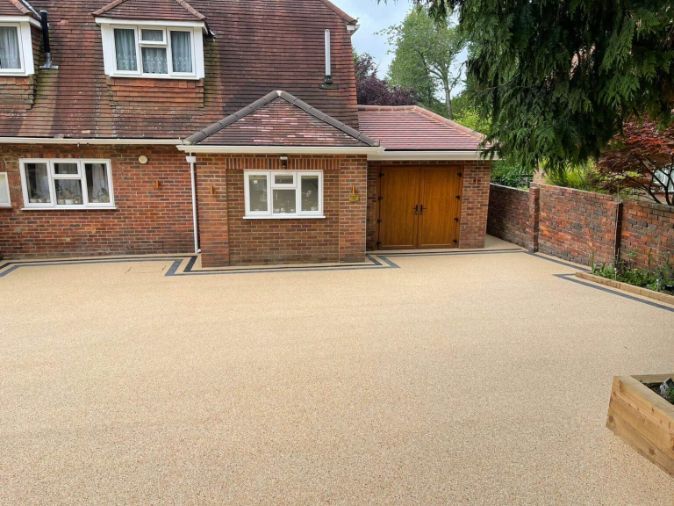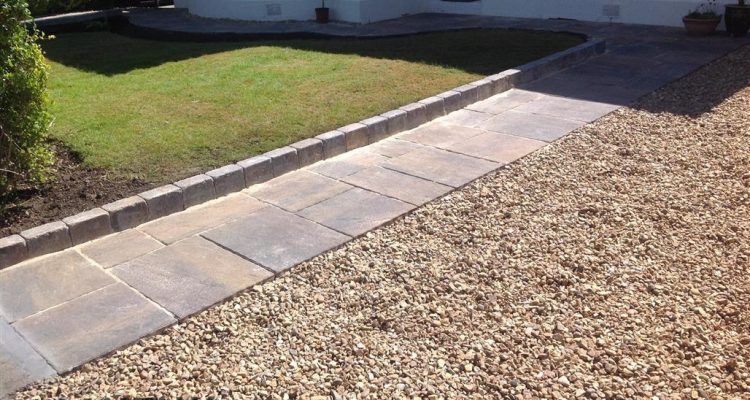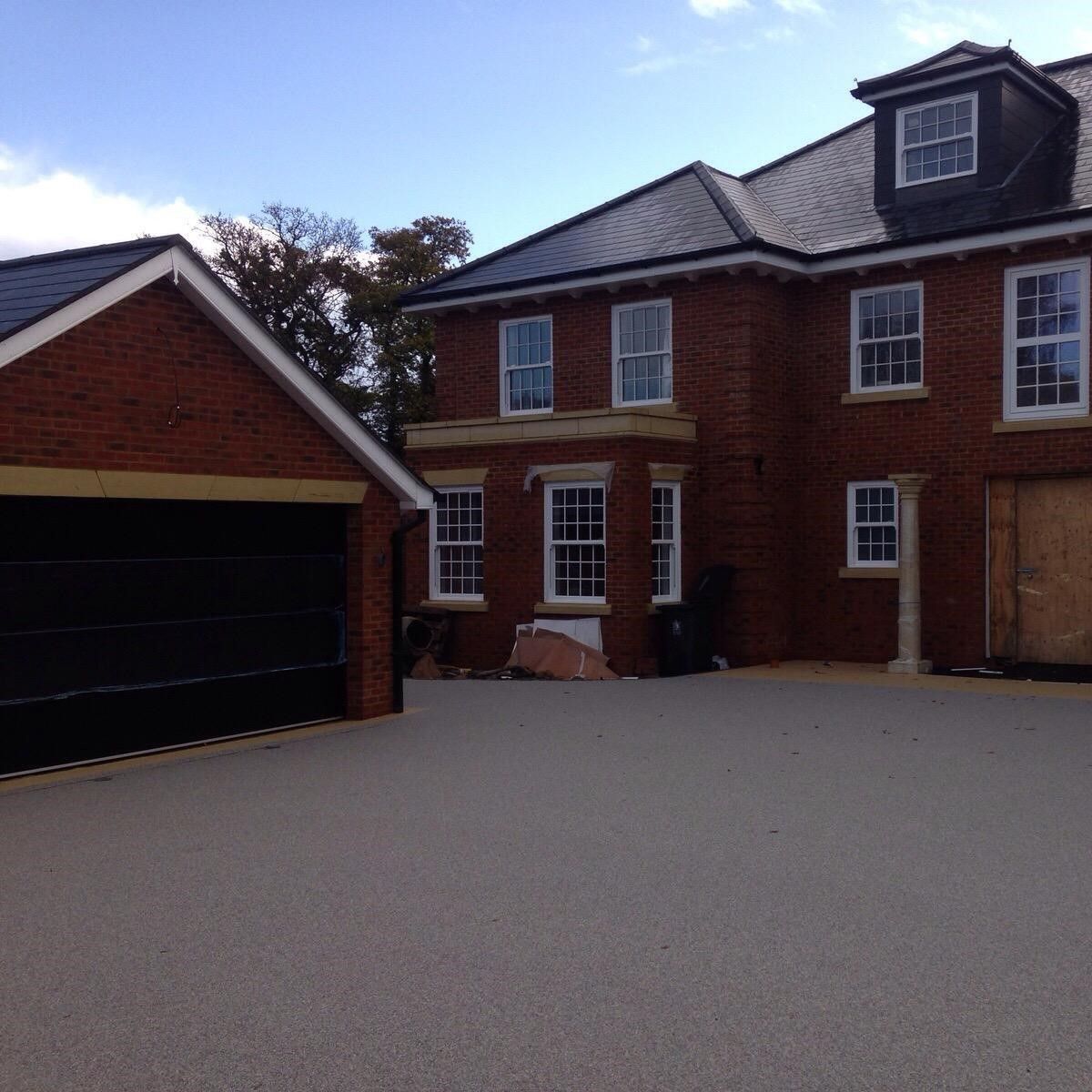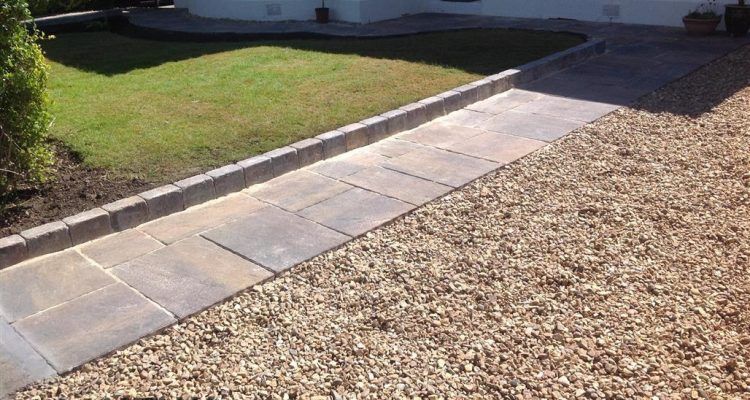What Are the Benefits of Resin Driveways – 5 Legit Benefits
When it comes to constructing or renovating a new driveway for your home or commercial property, the best option for you is resin driveways. This is because resin driveways offer numerous benefits that make them an ideal choice for homeowners and businesses alike.
So, you may be here to learn about the benefits of resin driveways. Well, you’re in the right place. In this article, I will discuss what resin driveways are, the different types available, and their benefits.
What is a Resin Driveway?
First, let’s briefly discuss resin driveways. A resin driveway is a type of paving solution created by mixing resin with an aggregate such as gravel, stone, or crushed glass.
The mixture is then poured onto a prepared surface and left to set, forming a smooth and durable surface that can last for decades. Resin driveways are available in a wide range of colours and designs, making them a versatile choice for both residential and commercial properties.
What are the Different Types of Resin Driveways?
There are two main types of resin driveways: bonded and bound.
- Resin-bonded driveways involve spreading the resin mixture onto a prepared surface and then scattering the aggregate on top, creating a textured finish.
- Resin-bound driveways, on the other hand, involve mixing the resin and aggregate together before pouring it onto the prepared surface. This results in a smoother finish, making it ideal for areas with heavy foot traffic.
5 Benefits of Resin Driveways
This is the main section of the article – the benefits of resin driveways. Whether you choose a resin-bound or resin-bonded driveway, you will benefit.
Let’s explore the advantages of both types.
1. Durability
Resin driveways are extremely durable and can last for decades with proper care and maintenance. They are resistant to cracking and can withstand heavy traffic, making them an ideal choice for commercial properties.
2. Low Maintenance
Resin driveways are easy to maintain and require minimal upkeep. They are resistant to weeds and moss, making them a low-maintenance option for homeowners.
3. Versatility
Resin driveways are available in a wide range of colours and designs, allowing homeowners and businesses to choose a finish that complements their property.
4. Slip Resistance
Resin driveways are slip-resistant, making them ideal for areas that experience heavy rainfall.
5. Quick Installation
Resin driveways can be installed quickly, often within a day or two, depending on the size of the project.
If you’re considering installing a resin driveway, I have a recommendation for you. You can try the services of P&M KELLY, a licensed company providing top-quality service at an affordable price.
Maintenance Guide for Resin Driveways
In this section, I will discuss something different. Like any other surface, resin driveways require regular maintenance to ensure they remain in good condition.
Below is a guide on how to properly maintain both resin-bound and resin-bonded driveways.
Resin-Bound Driveways Maintenance Guide
- Sweeping and Cleaning: Sweep your driveway regularly to remove leaves, dirt, and debris. Use a stiff-bristled broom to loosen any dirt before sweeping it away. For a more thorough clean, use a pressure washer or garden hose to remove stubborn stains.
- Removing Stains: To tackle stains such as oil or grease, use a degreaser or a specialist resin cleaner. Follow the manufacturer’s instructions, then rinse with water.
- Repairing Cracks and Holes: Resin-bound driveways are porous, meaning water can seep into the surface and cause damage. If you notice any cracks or holes, use a resin repair kit, which can be purchased from most hardware stores.
- Resealing: While resin-bound driveways do not require frequent sealing, resealing every three to five years is advisable. This helps to protect the driveway from damage and enhances its durability.
Resin-Bonded Driveways Maintenance Guide
- Sweeping and Cleaning: Just like resin-bound driveways, it is essential to sweep a resin-bonded driveway regularly. Use a stiff-bristled broom to clear away dirt and debris, then wash the surface with a pressure washer or garden hose.
- Removing Stains: Resin-bonded driveways are not porous, so stains tend to sit on the surface and can be difficult to remove. Use a specialist resin cleaner or a mixture of warm water and detergent to tackle stains.
- Repairing Damage: If you notice any damage, such as cracks or holes, repair them promptly. Use a resin repair kit to fill any cracks, then smooth the surface with a trowel.
- Resealing: Resin-bonded driveways should be resealed every three to five years to protect the surface from damage and maintain its condition.
In conclusion, proper maintenance of resin driveways is essential to ensure their longevity and durability. By following these maintenance tips, you can keep your resin driveway looking great and functioning well for years to come.
Disadvantages of Resin Driveways
Now, let’s consider some drawbacks. One of the main disadvantages of resin driveways is that they can be more expensive compared to other materials, such as concrete or asphalt. Additionally, while they are durable, they may not be suitable for heavy vehicles like commercial trucks or large RVs.
Conclusion
Resin driveways offer numerous benefits, making them a popular choice for homeowners and business owners. They are durable, low-maintenance, slip-resistant, and available in a wide range of colours and designs. However, they can be costly and may not be ideal for heavy vehicles.
It is important to weigh these factors carefully when deciding whether a resin driveway is the right choice for your property.
